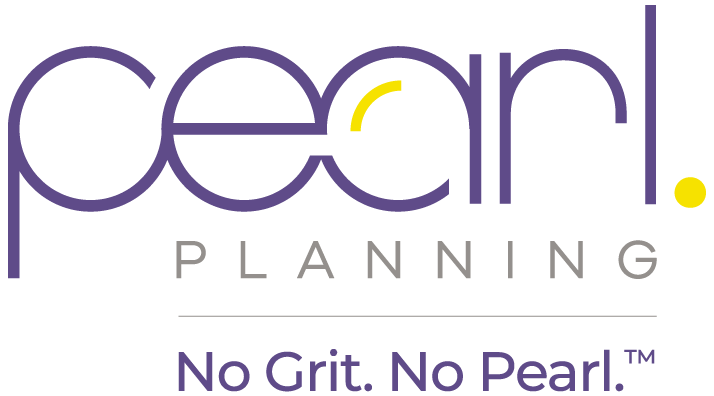More often in recent years, we have found ourselves talking to clients about the value of a Health Savings Account (HSA). HSAs can be a valuable tool to help prepare for unexpected medical expenses or even to cushion healthcare spending in retirement. In addition to being a great option for those in a high deductible insurance plan, most HSAs provide account owners’ the option to invest the balance, allowing the account to grow over time. We have answered some of the most frequently asked questions to help you make the most of your HSA.
What is an HSA?
An HSA is a savings vehicle available to individuals in high deductible insurance plans. HSAs are triple tax advantaged. This means your contributions to an HSA are not taxed, funds inside of your HSA grow tax-free and distributions for qualified medical expenses are not taxed. These three tax advantages make the HSA one of the most tax-efficient savings accounts available to investors.
How much can I contribute to an HSA?
- For 2022, the maximum contribution to an HSA for an individual is $3,650.
- A family can contribute up to $7,300.
- “Catch-Up” contributions are also allowed for those age 55 or older. This means you can contribute an extra $1,000 each year.
What is a qualified expense?
For a distribution from your HSA to be tax-free, it must be used to pay for a qualified medical expense. Check out the IRS website, which gives a detailed breakdown of all qualified medical and dental expenses. Here is a list of some of the more popular qualified medical expenses:
- Out of pocket costs to visit the doctor
- Out of pocket costs for prescriptions
- Vitamins
- First aid supplies
- Eye doctor or dental expenses
- Laboratory costs
There are also many lesser-known expenses that are considered to be qualified, such as payments for long term care, therapy treatments and hearing aids.
Can I invest my HSA?
YES! We highly encourage you to check with your HSA plan to see if you are eligible to invest the balance of your HSA. Typically, once the balance reaches a certain threshold, you have the option to invest into a variety of funds. This allows your HSA to grow even faster over time. Please feel free to schedule a call with a member of our team if you are unsure how to best invest your HSA.
What happens to my HSA if I leave my job?
Another awesome benefit of HSAs is that they still belong to you, even in the event that you leave your job. If you are moving to a job with a new company that also offers an HSA, you often have the ability to roll over the funds into your new account, for simplicity.
Do I need to use up the funds each year?
Unlike a Flex Savings account, HSAs allow you to accumulate funds year after year, rather than having to use the funds up each calendar year. If possible, we love to see our clients save funds in their HSA to be used in retirement to cover healthcare expenses. Retirement is typically when we see our healthcare expenses jump the highest.
Health Savings Accounts can be another tool in your financial plan to help you reach your goals while maximizing tax savings benefits along the way. If you would like to discuss how an HSA might fit into your overall financial plan, please schedule a call with a member of our team today.


